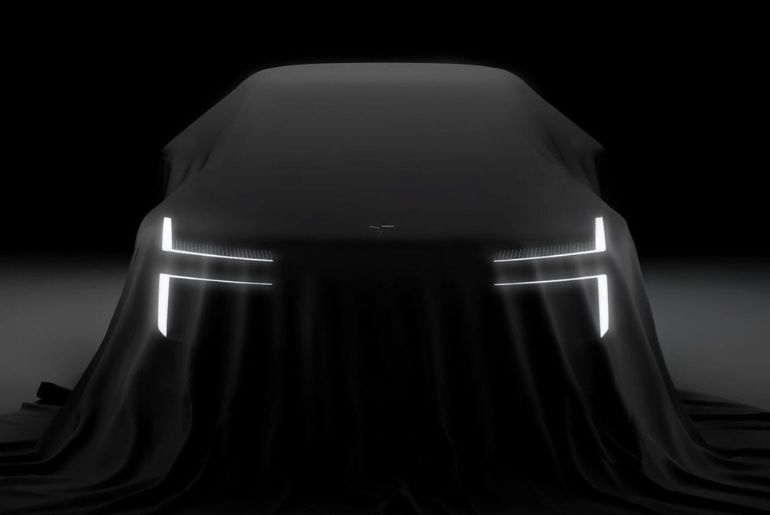At its planned state-of-the-art production facility in Kosice, Slovakia, Volvo Cars is preparing to create the Polestar 7, the next big thing in electric mobility. Volvo Cars and Polestar signed a memorandum of understanding (MoU) to work together on the development and production of the high-end, all-electric, small SUV, which is expected to be introduced in 2028.
The Polestar 7 will be the second car built at the Kosice plant, after an upcoming, as-yet-unveiled, next-generation Volvo model. The car pledges to maintain Polestar’s distinctive performance and style while utilising the cutting-edge shared technology platform shared by Volvo’s next-generation lineup, which includes the Volvo EX60.
Advanced Engineering Meets Scandinavian Synergy
The Polestar 7 will feature:
- Mega casting and cell-to-body battery architecture
- Next-gen Volvo e-motors, developed in-house
- Enhanced battery density for better range and performance
- A shared software and cloud infrastructure based on Volvo’s Superset tech stack, ensuring OTA
Håkan Samuelsson, President and CEO of Volvo Cars, emphasised the strategic nature of the collaboration:
This partnership builds on the success of our joint efforts on Polestar 2 and 3, leveraging synergies to deliver exceptional vehicles tailored to distinct market needs.
Sustainability is a key component of the development of Volvo’s third European facility, the Kosice factory. With a capacity of 250,000 vehicles annually and the creation of thousands of jobs, the €1.2 billion plant, which is entirely climate neutral and devoted to EV-only production, will make a substantial economic contribution to the area.
Along with Ghent (Belgium) and Torslanda (Sweden), Volvo fortifies its European manufacturing triangle by locating the facility in Slovakia, guaranteeing strong supply chain connectivity and market coverage.
Both businesses have stated a great desire to realise Polestar 7 through collaborative innovation and sustainable practices, even though the Memorandum of Understanding is currently non-binding and subject to final negotiations. The move not only represents a major turning point in Polestar’s changing lineup, but it also reinforces Volvo Cars’ aspirational goal of being completely electrified and emitting zero emissions by 2040.

